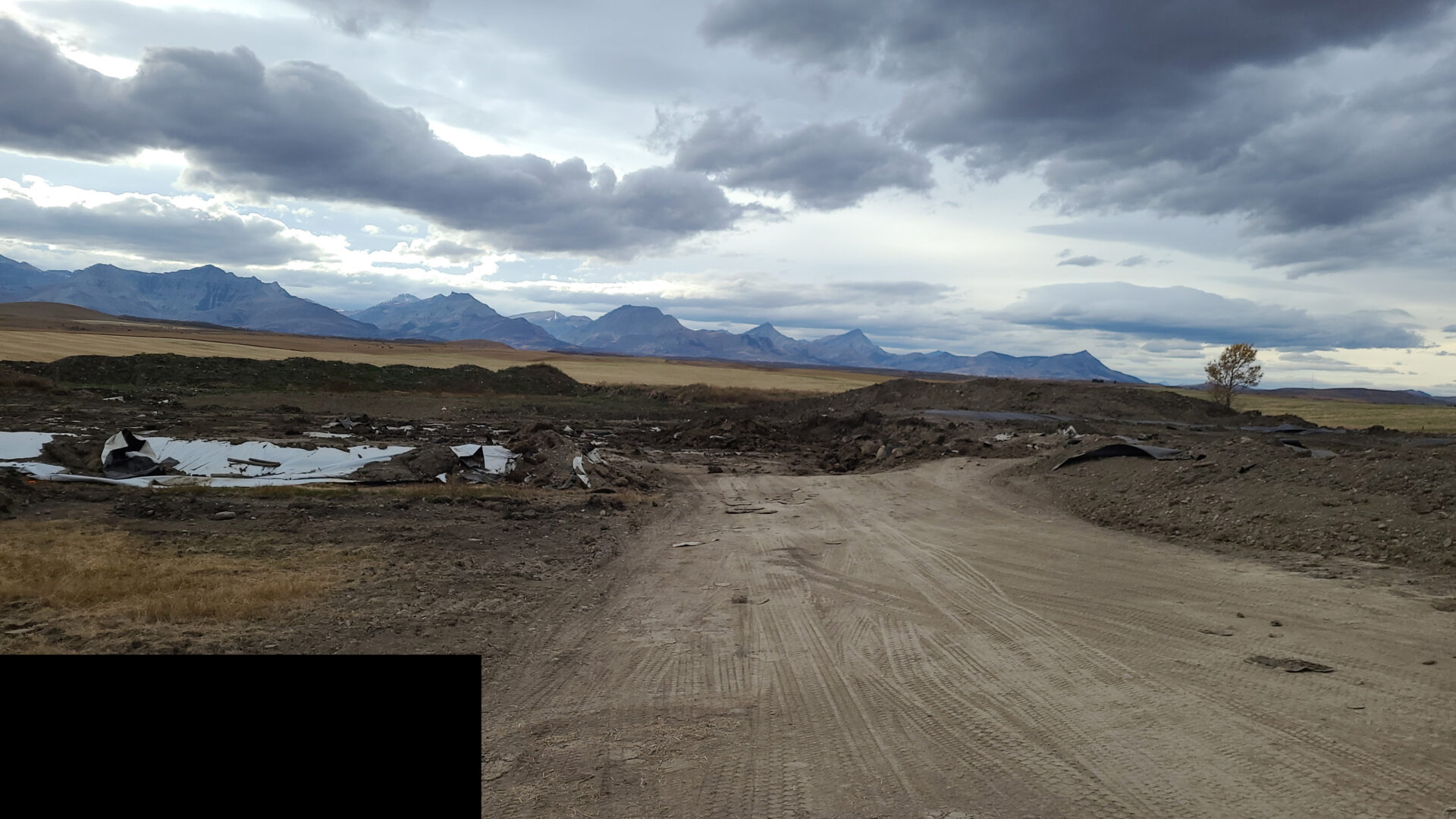It can take several years to receive a Reclamation Certificate in the boreal forest region of Northern Alberta. Each additional year between initial closure work and Reclamation Certification represents an incremental cost to a site, which becomes significant when considered over a large volume of locations.
For the past 12 years, the experienced teams at SHARP Environmental and Owl River Environmental Services, a division of 360 Energy Liability Management Ltd. (360), have significantly reduced the time duration from soil reclamation, to revegetation, to Reclamation Certification Application (RCA). With support from the industry, several key initiatives and intuitive methods have helped reduce the delay to closure on sites in remote areas of Northern Alberta. 360’s fleet of innovative, light-weight reclamation equipment achieves a hybrid model of natural recovery and conventional reclamation through the following approaches:
- Minimal Site Disturbance
- Reclamation following decommissioning in the same season
- Minimal site disturbance with use of innovative mini-equipment
- Settlement repair during summer months
- Reduces barriers to re-vegetation while minimizing disturbance
- Transplanting woody tree species from local and site plant stocks
Experience over the past several years has shown that these techniques have substantially reduced the time from final soil reclamation to Reclamation Certified by as much as 10 to 13 years. This achievement has been made possible by the combination of research and ingenuity and developed by managing large-scale, multi-site remote programs to closure in a timely manner.
A study using public data supports these findings – two areas with the shortest time to Reclamation Certification in Alberta are Rainbow Lake/Zama and Grande Prairie, both primary areas in which these methods have proven to reduce time to RCA, as shown in the following dataset:

The significance of time to closure is a dynamic factor in the end of life of a wellsite and a crucial factor in the cost of the closure campaign. 360’s fleet of mini-equipment is one of the key contributors in cost saving measures. The ability to mobilize lightweight reclamation to remote locations via helicopter or argo in the summer season eliminates the high costs of building winter access roads. Based on an analysis of the work completed in the past summer using this specialized equipment a major client was able to realize savings of 67% per site by eliminating costly winter access:
| Mini-Equipment | |
| Consulting Costs | $4,476 |
| Rec Work with Mini-Equipment | $13,353 |
| Helicopter | $27,328 |
| Total | $45,157 |
| Conventional Estimate | |
| Access Costs | $105,000 (27km @ $3,888/km) |
| Consulting and Rec Work | $20,000 |
| Total | $135,000 |
TOTAL SAVINGS = $89,843 (67%)
The true savings are much greater than specified when looking at the program through a holistic lens, as revegetation measures (transplanting and tree planting) were also completed at the same time the mini-equipment reclamation work was completed. Had the work been completed conventionally in the winter, no vegetation measures would have been completed, and most likely, the revegetation measure to be completed following conventional winter work would be far greater than that required during the summer. This is due to greater soil disturbance created in the winter as a result of ripping and damage completed to woody revegetation during snow removal activity.
Reducing the time to closure in the boreal forest is a significant undertaking. These innovative approaches have shown that it is possible through new techniques, research, and ingenuity. By reducing the time to Reclamation Certification, significant savings can be realized for both industry and the environment.
Thanks for reading,
Dave

























































